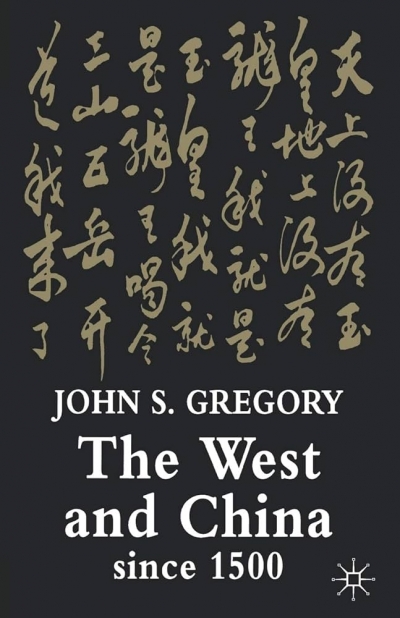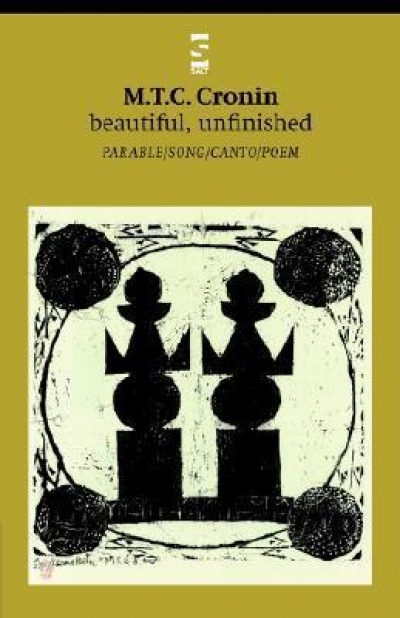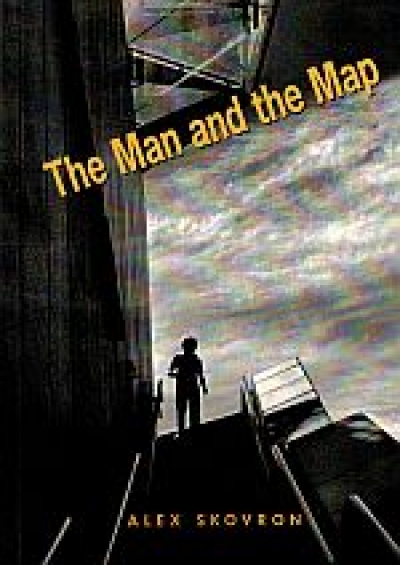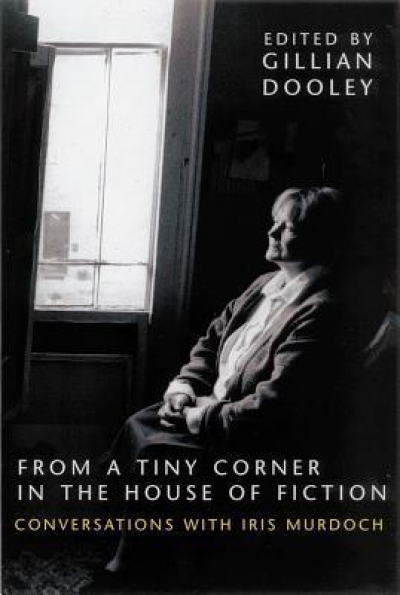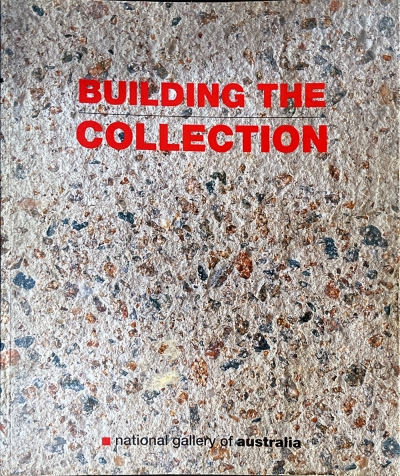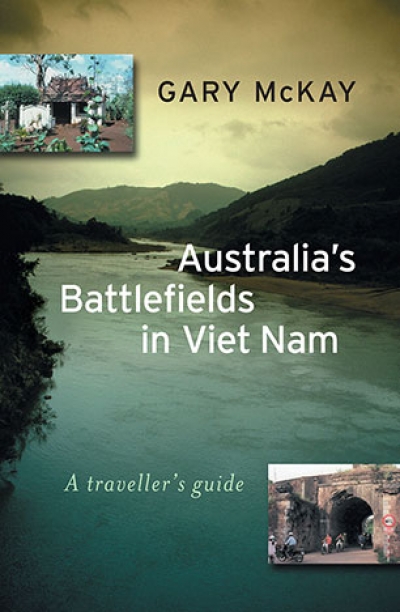Archive
Ali Ismail Abbas
Dear Editor,
Chris Goddard has written a powerful letter (ABR, August 2003) arguing that the photograph of Ali Ismail Abbas should not have accompanied my essay ‘Only As a Last Resort’ (ABR, May 2003). To tell the truth, I don’t know whether or not he is right. I am writing only to clarify the record. Peter Rose graciously accepted all responsibility for publishing the photograph (ABR, August 2003) and, thereby, all responsibility for whatever criticism its publication provoked. He did, however, consult me about the photograph, and I readily agreed that it should accompany my article, without, I’m now ashamed to say, thinking as much about it as Goodard has shown that I should have.
... (read more)By the filling station on La Cienega a burger joint
somehow survives. This Sunday morning
a pink Thunderbird sags at the kerb,
and an old Studebaker, paint flaking.
... (read more)
